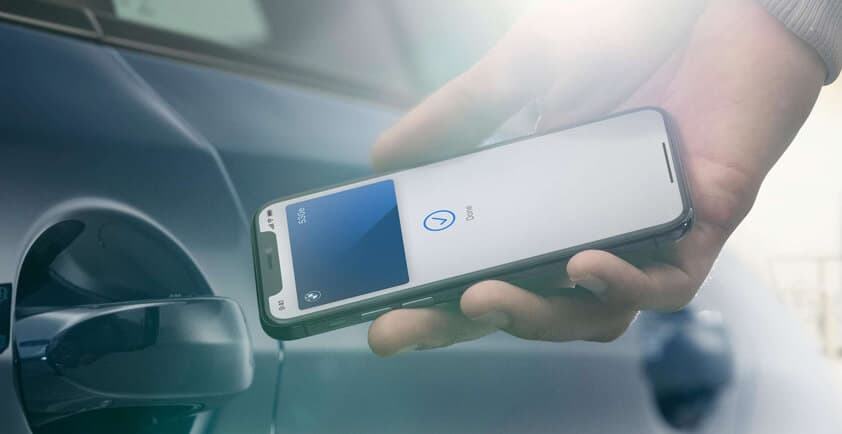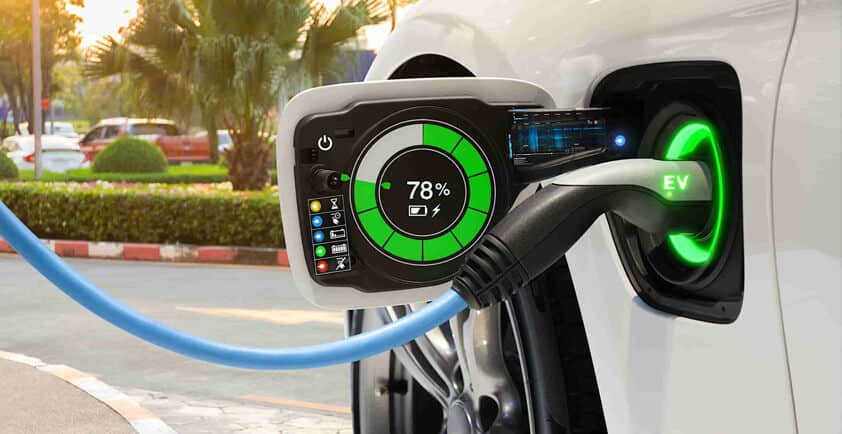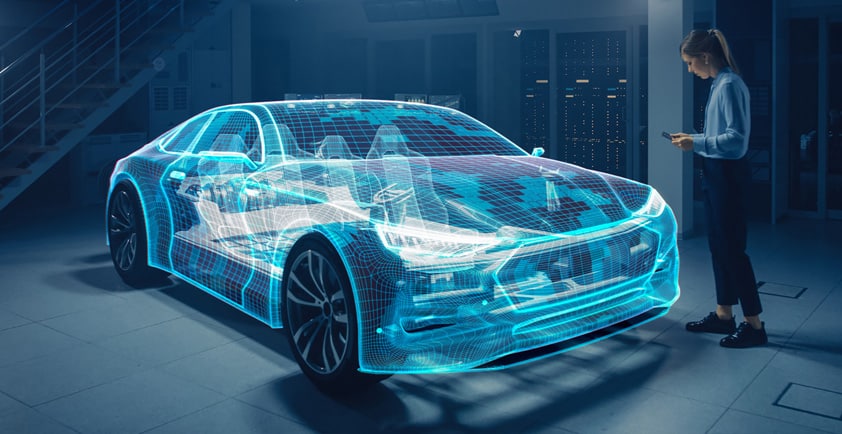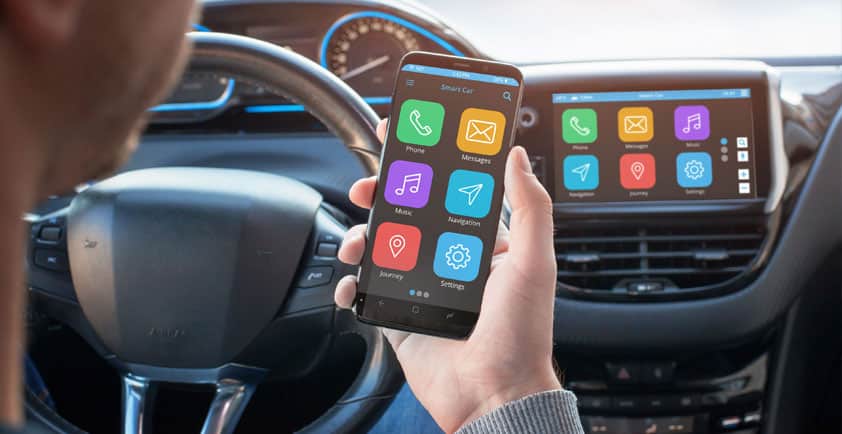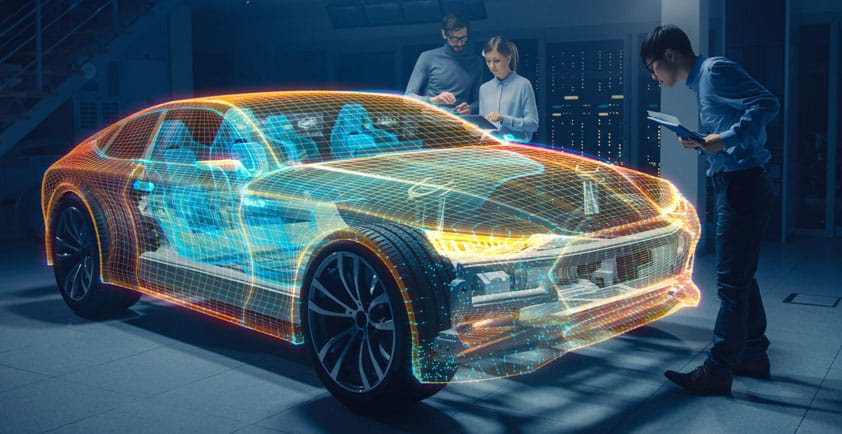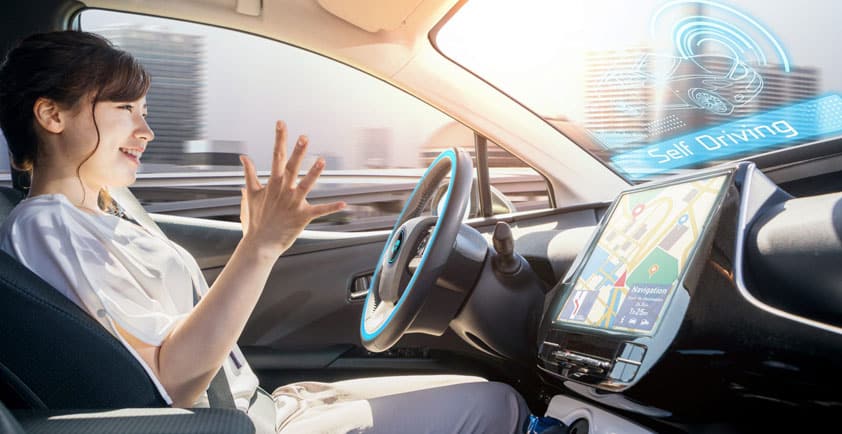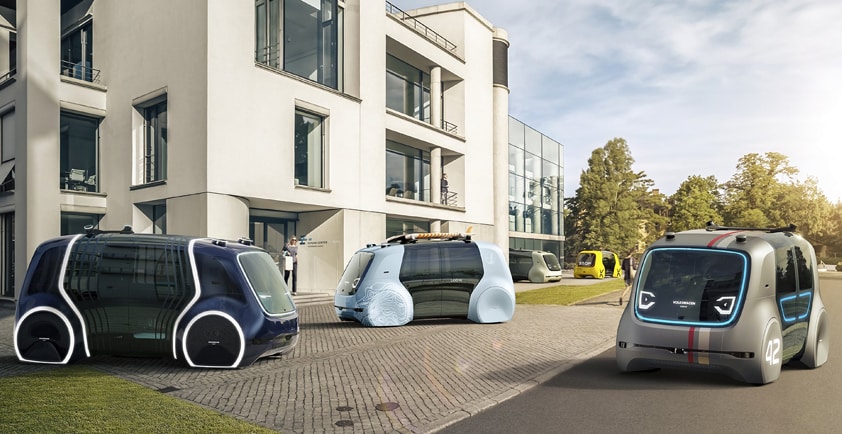

MWC 2024: CONNECTING AND PROTECTING CARS FOR A SAFER WORLD
The automotive industry is undergoing a major transformation, with research by Omdia revealing that more than 900 million connected cars will be on the road by the beginning of the next decade.
These vehicles will not only communicate with each other, but also with our homes and with the urban environment. From in-car entertainment to collision warnings and advanced cruise control, they will offer new connectivity features that will improve the safety, efficiency and the enjoyment of driving.
As cars become more integrated into networks, there are endless possibilities for innovation and enhanced experiences. So, it’s little wonder that Smart Mobility has its own dedicated content stream at this year’s Mobile World Congress. This will include a roundtable on the connected vehicle revolution (see details below).
Our priority at this year’s show will be to address two main challenges for everyone to benefit from the future of mobility: security and certification.
Bolstering connected vehicle security
The rapid growth of the connected vehicle market means that we can no longer manage connectivity as we did before. Inevitably, greater connectivity will mean more identities shared, more personal data exchanged and more exposure to cyber threats.
To ensure a secure and intelligent driving experience in the changing automotive landscape, industrial versions of embedded SIMs (or eSIMs) are integrated into cars during manufacturing. These eSIMs help to identify individual vehicles, encrypt communications and ensure secure global car connectivity for smart vehicle systems.
Taking this one step further, the GSMA recently introduced new specifications (the IoT SAFE initiative) to bolster the cyber security of connected devices and vehicles. This enables IoT device manufacturers and IoT service providers to leverage the SIM as a robust, scalable and standardised hardware Root of Trust to protect IoT data communications.
At this year’s MWC, we’re proud to be showcasing innovative solutions built on the eSIM and the new SGP.32 IoT GSMA standards to deliver unprecedented flexibility and security to businesses.
Managing certification
The security and reliability of connected vehicles also depends on their ability to store digital identities and certificates. These credentials verify the origin, authenticity, and integrity of each component of the vehicle. It is essential that every part is sourced from a trusted supplier, has a valid certification, and meets the quality standards required for optimal performance.
The United Nations Economic Commission for Europe (UNECE) WP29 regulation and the ISO SAE 21434 for automotive cybersecurity are moving the industry in this direction by requiring automotive OEMs to integrate vehicle cybersecurity along the entire value chain.
At this year’s event, we’ll be talking to customers and attendees about new defenses to protect connected vehicles from cyber threats. This includes Thales Trusted Key Manager – our comprehensive cybersecurity solution for the automotive and utilities industries. Trusted Key Manager is designed to ensure the integrity and reliability of connected vehicles throughout their entire lifecycle, from commissioning to end of life.
Delegates will also be able to see our Digital Car Key solution, where the smartphone can be used to securely access and start the car. It offers convenience and flexibility to users, allowing them to replace traditional physical keys with a virtual key stored on their mobile device. The secure implementation of such a system is crucial to prevent unauthorised access or tampering.
